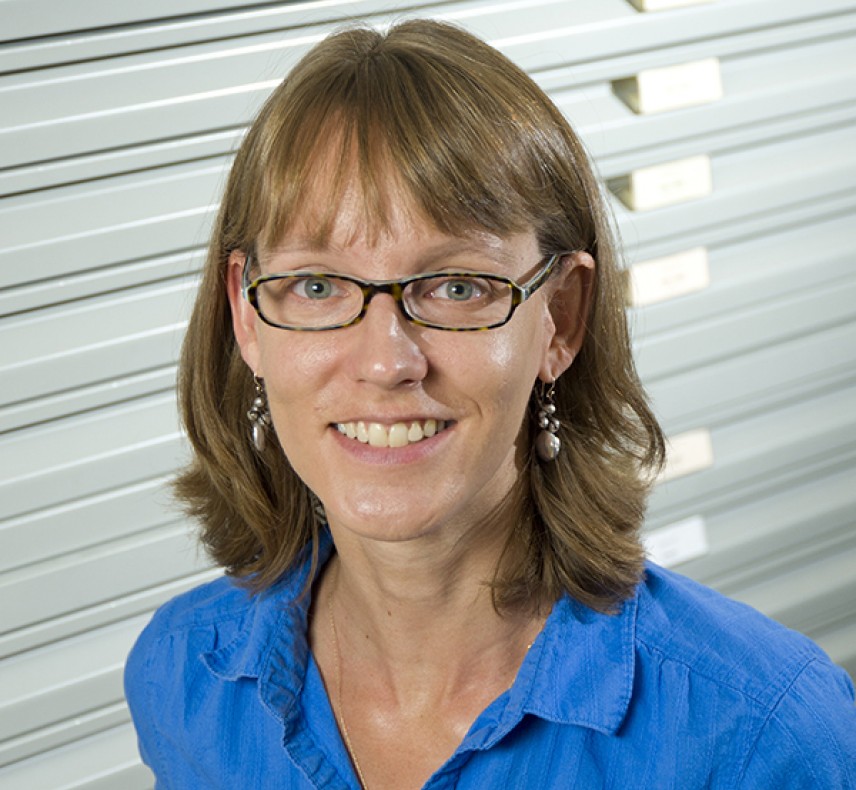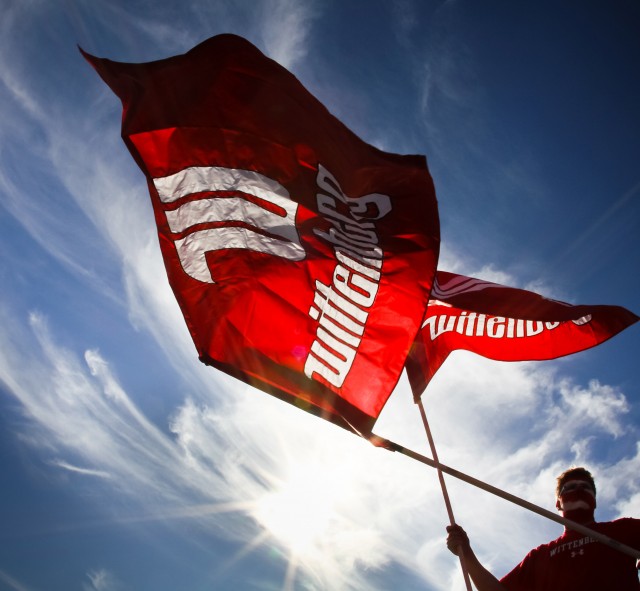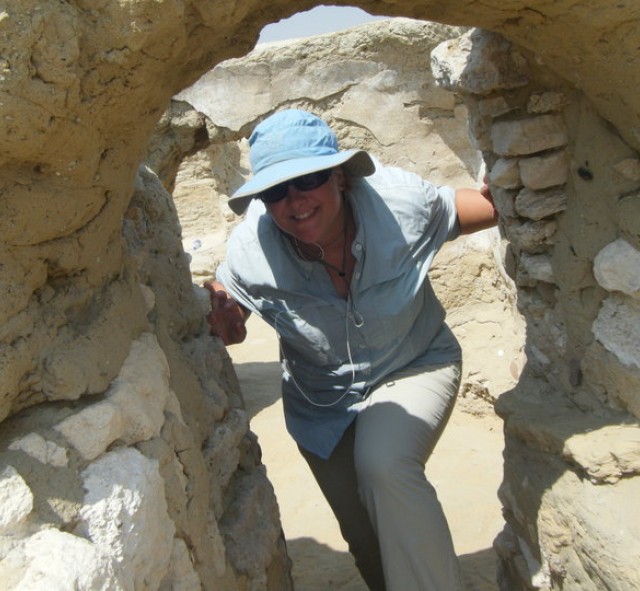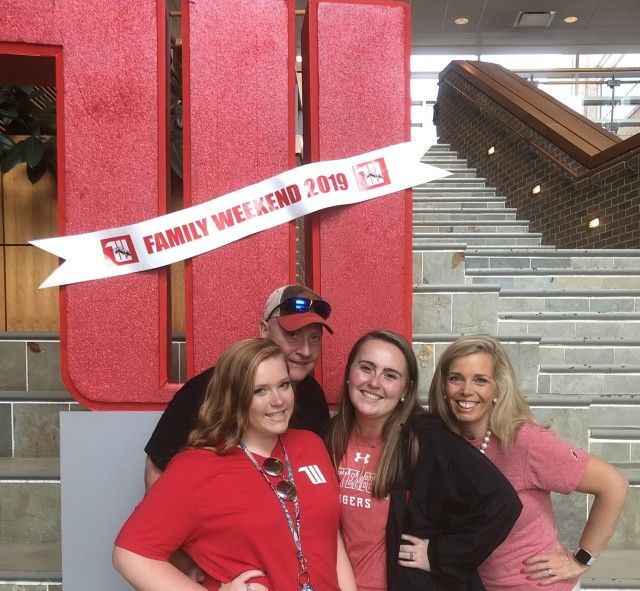Patty Rettig laughs when she describes being “pushed off into a study abroad program in Washington, D.C.,” which, of course, is not abroad.
But in her junior year at Wittenberg, when she was given a gentle shove in that direction by English professor Arthur Faber and political science professor Linda Bennett, it seemed that way. 
Rettig said her internship at the Library of Congress let her “peek at boxes and be fascinated by what I was surrounded with,” which piqued her interest in earning a master’s degree in library science from the University of Maryland, College Park.
By 2001, she found herself at Colorado State University “basically on the ground floor” of a push to establish a Water Resources Archive -- a valuable resource in a state whose Rocky Mountains feed four major rivers that, as Rettig explains, “nourish Colorado and then 18 other states, as well as parts of Mexico.”
After many months “learning how much I did not know about water,” she came across the papers of Delph Carpenter, who in 1911 “found himself in the forefront of state and national water issues.”
Carpenter defended an organization sued for a “trans mountain diversion” of water that riled the waters in Wyoming downstream, after which Nebraska sued Colorado on a related issue.
To prevent unending litigation – and to unite neighboring states against the growing political force that was California -- Carpenter helped to forge the first Colorado River compact.
When Rettig received Carpenter’s papers, “they were in a moderate state of disorder, accompanied by plenty of dust and far too much mold.”
Eighteen months later, her “archivist’s sense” had allowed her to organize the collection into 127 boxes, write a 115-page guide and develop the sense she knew Carpenter well enough to pose next to his picture in a display at the Hoover Dam.
Just as “archivists serve as intermediaries between the present and the past,” she said, Wittenberg served as the intermediary between her own present and past.
Before her trip “abroad” to Washington, D.C., “I don’t think I knew what an archivist was,” she said.
In the past four years, Rettig has presented papers to International Water History Association at meetings in the Netherlands and France, which not only are abroad but are now reminders of the role Wittenberg played in broadening her horizons.







